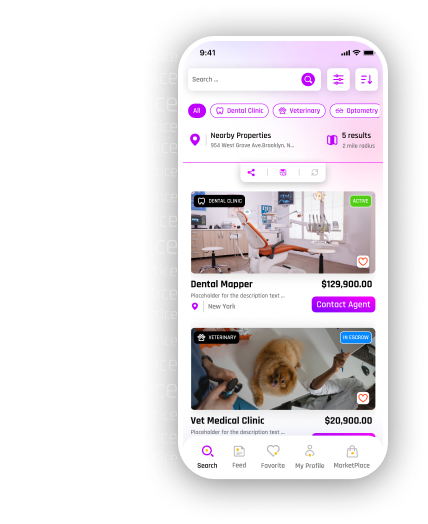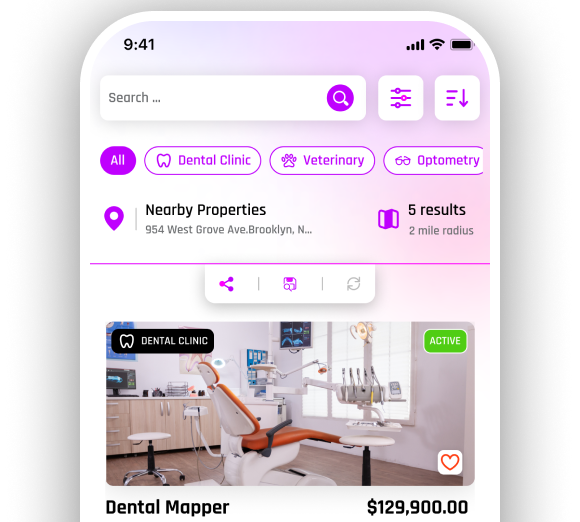How Much Should a Dentist Pay Themselves as a First-Time Owner?

Becoming a dental practice owner is a major career milestone—and with it comes exciting responsibilities, from clinical leadership to business decision-making. But one of the biggest questions first-time owners face is this: “How much should I pay myself?”
It’s tempting to aim high, especially after years of education, student debt, and associate-level pay. But as a new business owner, your personal income must balance with your practice’s health. Pay yourself too little, and you risk burnout. Pay yourself too much, and you may stunt growth, jeopardize staff morale, or even create cash flow issues.
So, how should new dental practice owners approach their compensation in 2025? Let’s break it down using current data, industry benchmarks, and practical strategies.
Why This Decision Matters
Your salary isn’t just about paying the bills—it impacts:
-
Practice growth and reinvestment
-
Loan repayment schedules
-
Team compensation equity
-
Tax strategy and personal financial planning
According to the American Dental Association (ADA), owner dentists in private practices had a median net income of $218,000 in 2022, while associates averaged around $160,000. However, new practice owners may not hit those numbers immediately—and that’s perfectly normal.
In the beginning, your income should reflect your practice’s actual performance, not just your professional title.
Key Factors to Consider Before Setting Your Salary
Here are the top things to evaluate before deciding how much to pay yourself.
1. Practice Revenue and Overhead
Before you can determine an appropriate salary, understand your practice’s gross revenue and monthly expenses. The typical dental practice has an overhead of 60% to 75%, depending on location and services offered.
Break down your costs:
-
Staff wages and benefits
-
Rent or medical commercial real estate payments
-
Lab fees and supplies
-
Utilities, software, and insurance
-
Loan payments and marketing
What’s left is your net profit—where your personal compensation comes from.
Pro Tip: Keep owner compensation within 25–30% of net collections in your first year. If your practice collects $800,000 annually, aim for a salary in the $200,000–$240,000 range—assuming minimal debt and healthy overhead.
2. Practice Maturity
A newly acquired or recently opened practice often doesn’t produce the revenue of an established one. In your first 12–18 months, it’s wise to pay yourself a modest base salary and allocate the rest toward growth, equipment upgrades, or patient acquisition.
As the patient base and revenue stabilize, gradually increase your compensation. The PracticeFinder App is a helpful tool here—it connects new owners with industry experts and verified practices so you can benchmark against real performance data.
3. Practice Structure (Sole Proprietor vs. S Corp)
Your business structure influences how and when you pay yourself.
-
Sole proprietors take draws from net income.
-
S Corporations pay owners a reasonable salary (subject to payroll taxes) and may distribute additional profits as dividends (lower tax rate).
Consult with a dental CPA to build a compensation plan that’s both sustainable and tax-efficient.
4. Student Loan and Personal Expenses
It’s important to strike a balance between reinvestment and financial wellness. Your salary should be enough to:
-
Cover student loan payments
-
Support your lifestyle and household
-
Fund emergency savings and retirement
Use a personal financial plan to map out how much you truly need each month. Then let that guide your starting salary—not just industry averages.
Common Compensation Mistakes New Owners Make
Avoid these errors that can hurt both your business and personal finances:
❌ Overpaying Too Early
You may feel you “deserve” a six-figure income immediately—but if your collections are low or overhead is high, this can deplete reserves and halt growth.
❌ Underpaying Indefinitely
On the flip side, some dentists underpay themselves for years, funneling every dollar back into the business. While reinvestment is key, this can lead to personal debt, burnout, or dissatisfaction with ownership.
❌ Failing to Adjust Salary Regularly
As your practice grows, your income should scale accordingly. Review performance quarterly and adjust your salary as revenue, expenses, and cash flow allow.
❌ Ignoring Market Benchmarks
If you’re unsure what to pay yourself, research dental practice for sale listings to compare revenue and owner incomes. The PracticeFinder App is especially useful for this, providing real-world data to help set realistic expectations.
What Are Other Dentists Paying Themselves?
Let’s look at some current statistics:
-
$218,000 – Median annual net income for general dental practice owners (ADA, 2022)
-
$160,000 – Median associate dentist income
-
$120,000–$150,000 – Typical first-year owner salary, depending on region and startup costs (Arch Financial Planning, 2023)
-
30–40% of collections – Benchmark for healthy owner compensation in profitable practices
These numbers are just guidelines. Your location, business model, and goals will influence your actual take-home pay.
Smart Strategies for First-Year Owner Compensation
Here’s how to approach owner pay wisely in Year 1:
-
Set a Base Salary
Start with a base salary that allows you to live comfortably but doesn’t strain the business. Reevaluate every 3–6 months as revenue increases.
-
Track Profit Margins Monthly
Monitor expenses and net profit closely. Avoid emotional decisions—rely on hard data.
-
Reinvest Strategically
Use leftover profits to improve operations: upgrade dental equipment for sale, boost marketing, or hire additional hygienists. These investments often lead to higher future compensation.
-
Create a Compensation Cap
Until you hit a certain revenue threshold (e.g., $1M/year), limit your personal pay to a fixed percentage. This discipline protects the business from instability.
How the PracticeFinder App Supports New Owners
The PracticeFinder App isn’t just for those browsing private practice for sale listings. It’s also an essential resource for owners post-acquisition. By offering industry insight, valuation comparisons, and transition tools, it helps you make informed financial decisions—including how to structure your income.
Think of it as your digital business companion—keeping you on track during your early years of ownership.
Pay Yourself with Purpose
There’s no one-size-fits-all answer to what a first-time dental owner should earn—but one principle holds true: Your income should reflect the current health of your business, not just industry benchmarks or peer comparisons.
Start with sustainability in mind, adjust as you grow, and build a long-term compensation plan that fuels both your personal and professional goals.
Search listings, compare valuations, and access expert tools with the PracticeFinder App.
Download today and take your first step toward profitable practice ownership.

